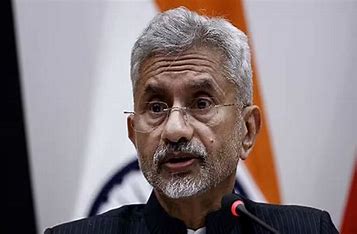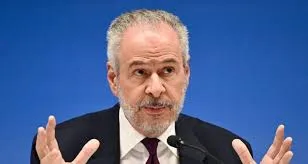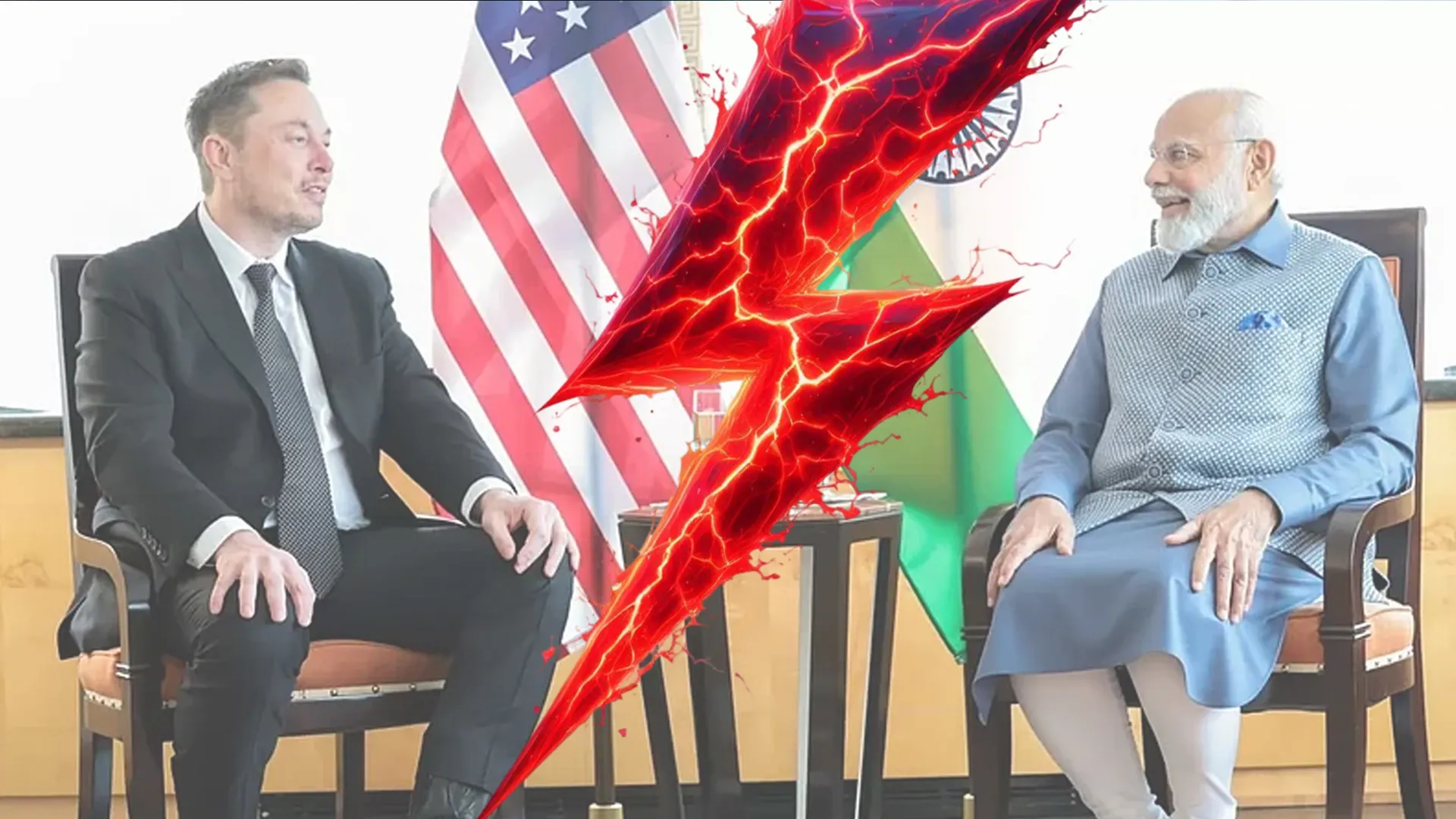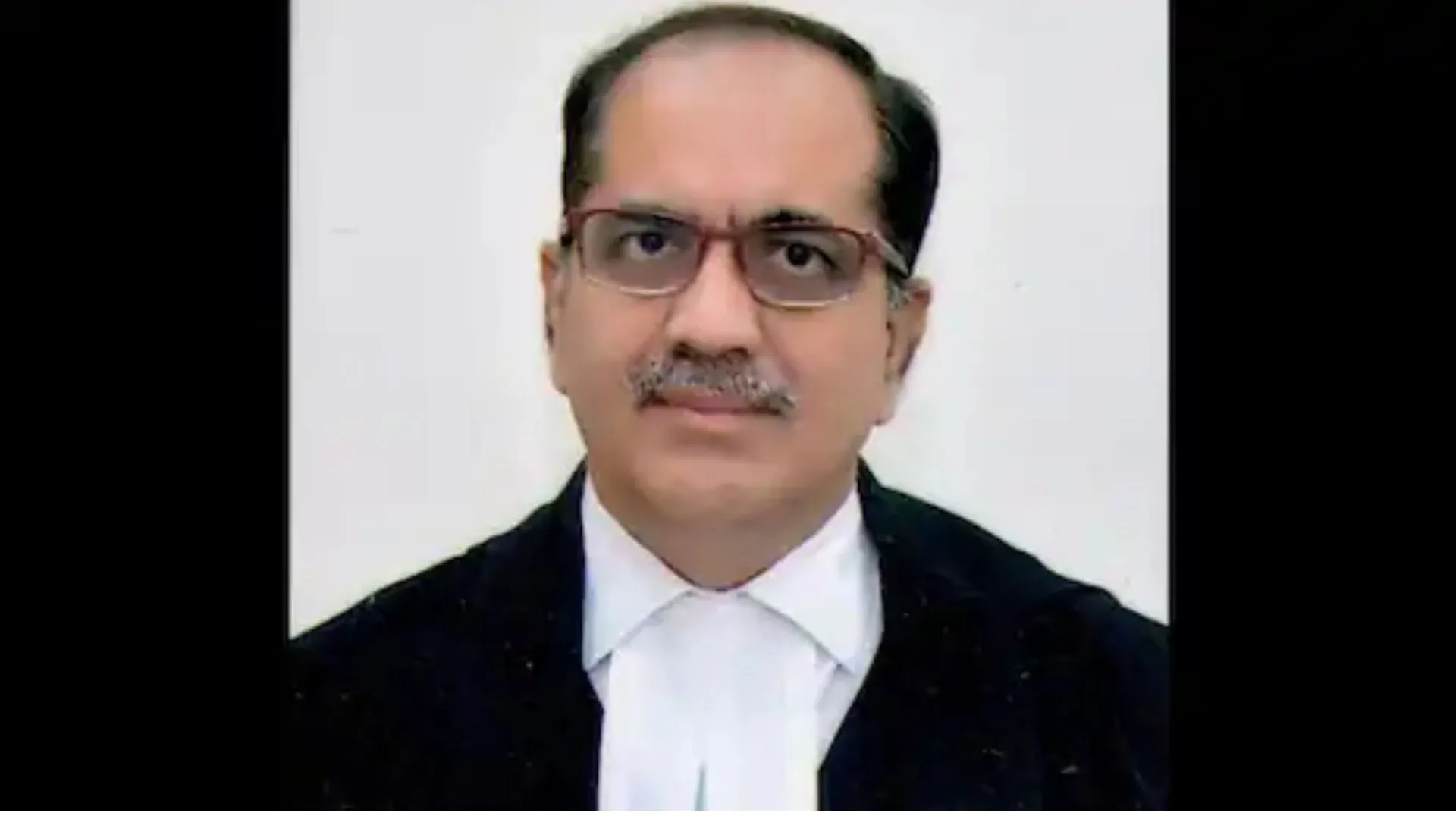External Affairs Minister Subrahmanyam Jaishankar underscored the urgent need for reforming multilateral institutions during his address at the third India-hosted virtual Voice of the Global South Summit. The minister emphasized that such reforms are crucial for restoring credibility to global governance and ensuring that the needs of the Global South are adequately addressed.
The Call for Reforming Multilateralism
In his speech, Jaishankar highlighted the pressing need for reforming multilateralism, especially within the United Nations, to keep pace with the evolving global landscape. He expressed concern that the lack of progress in this area is costing the international community more with each passing day.
Key Takeaways from Jaishankar’s Address
Addressed the second Foreign Ministers’ Session of the 3rd #VoiceOfGlobalSouth Summit on the theme ‘Global South & Global Governance’.
Highlighted the importance of:
➡️ Global institutions and governance architecture and the need to reform multilateralism to revive its… pic.twitter.com/2hWY5oED8p
— Dr. S. Jaishankar (@DrSJaishankar) August 17, 2024
1. Access to Finance and Technology: Jaishankar emphasized that financial access and technological advancement are essential for unlocking the development potential of the Global South. He cited India’s proactive role in sharing its Digital Public Infrastructure solutions and contributing vaccines to nearly 100 countries during the Covid-19 pandemic as examples of this approach.
2. Global Alliances: The minister pointed to initiatives like the International Solar Alliance, Coalition for Disaster Resilient Infrastructure, Global Biofuel Alliance, Mission LIFE, and International Big Cat Alliance as examples of India’s commitment to addressing global challenges.
3. Financial Sanctions and Vulnerabilities: Jaishankar noted the growing use of financial sanctions, particularly in leveraging vulnerabilities. He stressed the need for the Global South to develop alternative options to mitigate such risks.
4. Strengthening Global South Interactions: Jaishankar called for intensified interactions among Global South nations through increased trade, investments, collaboration, and the adoption of trade settlements in local currencies.
5. Reliable Supply Chains: Reflecting on the disruptions caused by the Covid-19 pandemic and other crises, Jaishankar emphasized the need for reliable and resilient supply chains.
6. Diversifying Production: The minister advocated for diversifying production across various sectors to reduce risks to the international economy, aligning it with the principles of socio-economic justice.
7. Climate Change and Energy Transitions: Jaishankar highlighted the risks of climate change and the importance of accessible resources and low-cost financing for Just Energy Transitions, a key focus during India’s G20 Presidency.
8. Challenges in Multilateral Solutions: Jaishankar pointed out that solutions to global challenges often fail to emerge from multilateral organizations due to their obsolescence and polarization. He reiterated India’s call for reformed multilateralism and the need for reforming Multilateral Development Banks.
9. Digital Public Infrastructure: The minister lauded India’s digital public infrastructure as a key driver of transformation and encouraged Global South nations to explore intra-South digital exchanges and cooperation.
10. Sharing India’s Experience: Jaishankar concluded by suggesting that India’s experiences in digital transformation could benefit Global South partners, further enhancing collaboration within the region.
Conclusion
Jaishankar’s address at the Voice of the Global South Summit highlighted the critical need for multilateral reforms, financial access, and technological collaboration to unlock the development potential of the Global South. His call to action serves as a reminder of the importance of collective efforts in addressing the challenges facing developing nations.






















